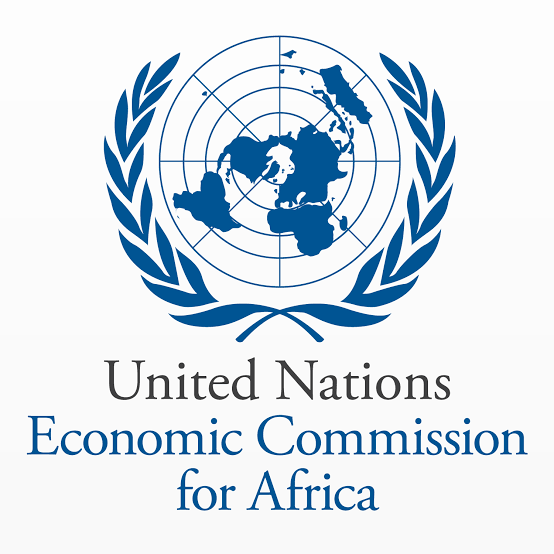Mr Stephen Karingi, Director, Regional Trade and Integration, United Nations Economic Commission for Africa (UNECA), says African economy will lose 65 billion dollars if there is a full lockdown of the continent due to COVID-19.
SEE ALSO: COVID-19: Minister Cautions Nigerians on use of Herbal Products
Karingi said this during the World Health Organisation (WHO) and World Economic Forum (WEF) virtual joint press briefing on Thursday.
The director said that the African economy would contrast as much as three per cent in 2020.
According to him, an analysis done by UNECA showed that every month the African economy would lose 2.5 per cent of its GDP if a total lockdown was declared.
“This is about 6.5 billion dollars every month based on the intensity and strictness of the lockdown. If we have a full lockdown of the whole continent, we would lose $65 billion,” he said.
According to him, reports of the first quarter released by African governments, revealed a reduction in exports and lower revenue generation by governments, because of the lower activities of businesses and the economy.
He added that the speed of Africa’s recovery from the pandemic would depend on its actions to save lives and businesses, adding that without lives, there would be no businesses and income.
Karingi maintained that measures required by governments should be a smart exit from the lockdown, and to ensure that numbers of COVID-19 cases decreased to prevent an economic shutdown.
Also speaking, Dr Amit Thakker, Executive Chairman, Africa Health Business and President of the Africa Healthcare Federation, said that there were three phases of Africa post COVID-19 recovery.
Thakker explained that the phases would run from 2021 to 2023, and phase one, repair, would involved containment, vaccines, social distancing measures and hand washing.
According to him, phase two which would be in 2022, would determine if Africa’s growth would be strong or decline, while phase three would be partnership and leadership to achieve progressive growth.
Commenting, Dr Matshidiso Moeti, World Health Organization (WHO), Regional Director for Africa, said that easing lockdown in Africa should be gradual, with the most essential parts of the economy being opened up first.
According to Moeti, containment measures should be in place to ensure rates of COVID-19 infection reduces, while upscaling testing, contact tracing and treatment of patients.
She added that social distancing should be upheld, noting that to stop the spread of the virus, the key public health measures needed to be in place in every community, even where cases had not been reported.
According to her, looking at the evolution of the COVID-19 pandemic, especially now that most countries are at the community transmission stage, WHO estimates that the virus will peak in four to six weeks, if nothing is done.
She added that factors that would drive the peak would be population density, underlying conditions and age.
Speaking of the COVID-19 herbal treatment purportedly produced in Madagascar, Moeti advised the government of Madagascar to take the product through a clinical trial.
“We are prepared to collaborate with them,” she said.
Moeti cautioned and advised countries against adopting a product that had not been through clinical tests for safety and efficacy in the management of COVID-19 patients.
“It is incredibly important that countries use data-driven, evidence-based approaches in their response,” she said.
The director added that WHO was working with countries to leverage the assets they had in place, built in preparedness for Ebola, HIV, Tuberculosis and Polio programmes to scale-up coordination, mobilise people and repair supply chains globally and locally.
The News Agency of Nigeria (NAN) reports that there are 51, 239 confirmed cases of COVID-19, and 2006 deaths recorded across the African continent.




 Premier League
Premier League